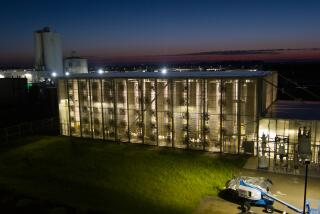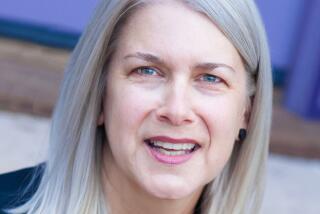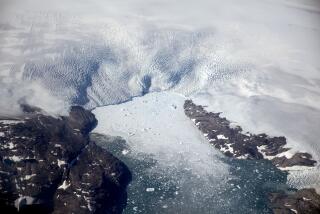Bill McKibben on how humans’ disconnection from nature is harming the environment
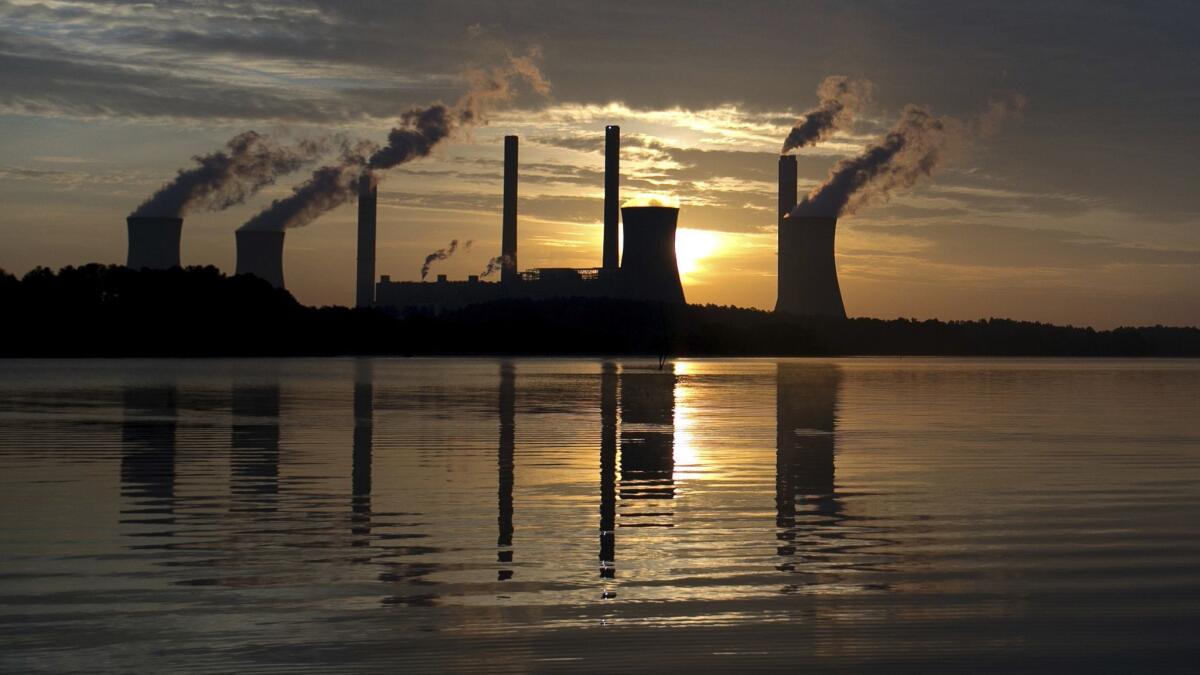
Bill McKibben’s first book, “The End of Nature,” was a clarion call on global warming, employing a conversational tone that inspired readers to take up the cause and launching McKibben as the nation’s leading environmental writer for the general public. Three decades and more than a dozen books later, climate change is worse than ever but McKibben is still at it.
His new book, “Falter: Has the Human Game Begun to Play Itself Out?” may depress and infuriate readers, but the founder of the anti-carbon campaign group 350.org still hopes in the end to motivate them to help turn, or at least slow, the tide of climate disaster.
In the first two sections of the book, McKibben lays out the latest evidence of how bad things are getting and how rapidly the problems are accelerating and then calls out those responsible.
The third section explores the way people, especially anti-humanist Silicon Valley billionaires, may use artificial intelligence to exploit the underclass and enhance their wealth, and genetic manipulation to enhance themselves in ways that will only exacerbate the inequalities the world is now facing, while raising questions about what it will mean to be human. The “GenRich” will seek ways to stave off disease and death while the rest of us serve genetically modified masters. McKibben shows how these “advances” will disconnect humans further from nature and thus is interwoven with the problems of climate change.
McKibben links all these issues before finally providing slender notes of hope at the end, hope that requires everyone to take action and willingly sacrifice.
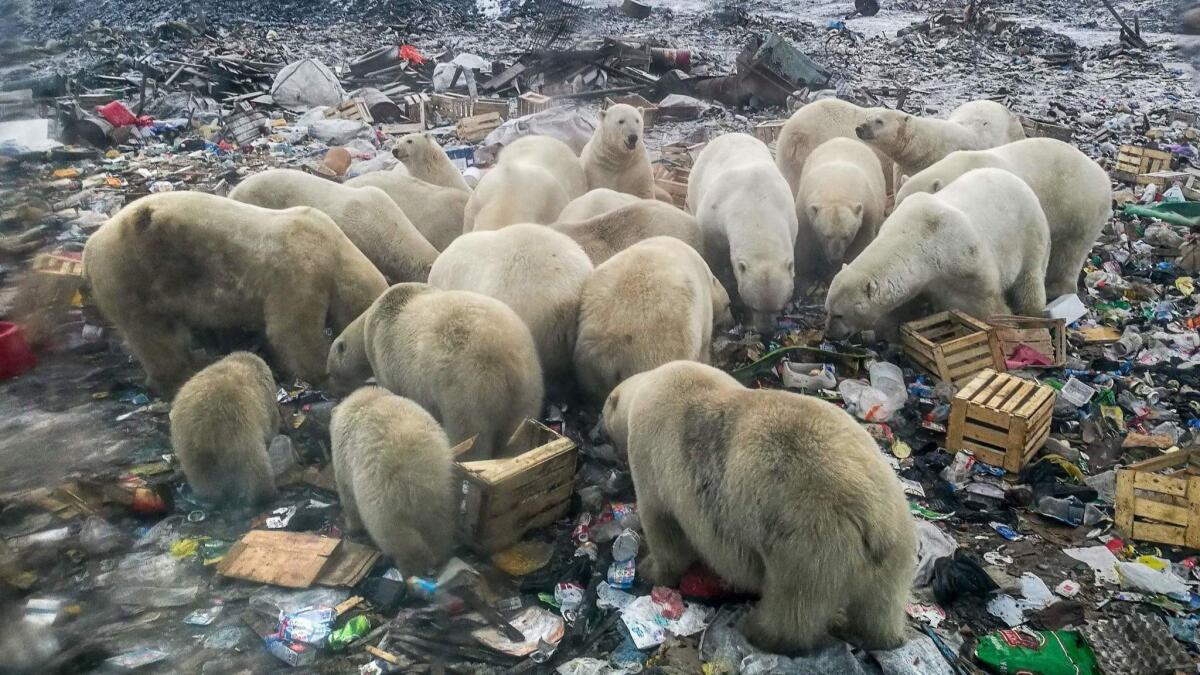
Given the terrifying dangers and unlikely odds of success, how do you wake up each day and stay engaged?
I’ve had a longer time to get used to where we are now than just about anybody else. So the worst of the angst is in the past and I’ve disciplined myself to understand the world we’re in. But the other part is finally now there’s a real movement and a real fight. That’s an important thing.
Did you learn anything that surprised you or is there nothing new under that burning, scorching sun for you?
I feel I know just as much about climate change as anyone in the world, but what surprises me, always and forever, is just the speed with which things are happening. The stuff happening now is stuff that — back when I was writing “The End of Nature” — we thought would happen in 2080 or 2100. I was recently in Greenland watching big chunks of it fall off. To see the planet unraveling before your eyes is shocking.
You marshal tremendous amounts of scientific data and visual evidence about climate change, but you also create vivid images, like the idea that Earth is, in essence, shrinking and moving closer to the sun, because of what we have done. How important is that kind of writing amid all the statistics and science?
It’s extremely important to keep figuring out different ways of getting across this enormous truth. Most people are more or less aware that something bad is happening. I don’t think everyone is aware how quickly it’s happening.
There’s some part of us that always takes the physical world for granted. It has always been the backdrop against which human affairs played out. For people to understand that it’s no longer the backdrop but is now the main actor in the drama is very difficult.
The second section reminds readers there are actual people wielding the levers of power who deserve much of the blame. Why is this section vital?
It’s important for people to see that a relatively small number of human beings have set in motion this huge tragedy. Had they behaved somewhat differently then literally the temperature of the planet would be different. That’s what makes the two sections connect. These were bad people doing doing bad things at the precisely the moment in precisely the places that you’d get the whole world in the worst trouble. Until you understand that it’s very hard to figure out how to stand up against them.
Climate change disproportionately harms the poorest people, which will increasingly lead to migration and climate conflict. Will that embolden totalitarian regimes or reactionary right-wing governments like we have here now and won’t that lead to more policies that hurt the environment, accelerating the downward spiral?
That’s exactly right. That’s why we have to work incredibly hard as a society on immigration above all to reach new ideas. If 2 million people emigrating out of Syria can shake the entire political culture of Western Europe, what are we going to do when the lowest estimates are 200 million climate refugees for this century?
We must do everything we can to slow the rise in temperature but we also have to evolve a new ethic for how we think about our fellow human beings. In every sense — scientific, ethical, political and economic — this is by far the biggest thing that ever happened. The ideas we have about the world right now have to change.
Were you concerned that shifting to artificial intelligence and gene manipulation would divert attention from the more imminent dangers of climate change, or are these linked?
It feels more peripheral because it’s not as far along yet but in December a Chinese doctor produced the first two “designer babies,” which is earthshaking news. It feels now like what it felt like talking about climate change in 1989 — I’m saying to people you can’t quite see this yet but it’s coming.
People not only take the natural world for granted, they take human meaning for granted because it has always been there. But it won’t be the minute we’re turned into pieces of technology. When you are programmed to have a certain temperament the idea that you’re your own person is diminished and probably destroyed. That’s a big step to take.
If you were president, would you prioritize the environment or the frameworks of inequality like economic policies, campaign finance and voter suppression, that give fossil fuel companies so much leverage?
It’s a good question but at this point we have no choice but to deal with climate change right away — it’s crashing down upon us and the years we may have any effective leverage against it are in the single digits.
The good news is we can do some of those things at the same time. People criticize the Green New Deal as being too broad but that’s because, as you’ve been pointing out, the problems are completely interlinked: climate change and inequality are politically two sides of the same coin.
What if I promoted you from president to planetary overlord?
At the beginning of World War II, FDR acted less like a president and more like an overlord, saying: here’s how many planes we need, now go to it. We have an idea of how many solar panels we’d need to shift the equation. Our job is to get them built and deployed, not just here but around the world.
Solar panels are not just a technological miracle, although they are — you can point a sheet of glass at the sun and out comes electricity and information and cooling, which is Hogwarts-level magic — but the other part is that as we build out solar we start redressing some of these balances of power. The most powerful people in the world, the Koch brothers say, are powerful because they control the small patches of land under which lie coal and gas or oil. There’ll still be rich people in a world that runs on sun and wind but they won’t be Koch brothers rich and they won’t warp our politics in the same way.
But, for better and worse, it can’t be done by an overlord, it can only be done by deep democratic understanding of the emergency we’re at. Causing climate change is the biggest thing humans have ever done, so the response to it will have to be the biggest thing humans have ever done and people will have to really buy into it for it to really work.
You express some hope for meaningful change though you acknowledge that our country may have grown too large to really work as a democracy on all these complex issues. You lay out the case for political activism and nonviolent protest. What about breaking the law nonviolently? Or a modern John Brown, who felt violence was a moral option in the name of ending slavery? Or, what about secession — creating a country in the northeast and one on the West Coast that could create strong anti-carbon policies?
Civil disobedience strikes me as exactly right; I’ve been in handcuffs a bunch of times. It’s not the only thing we need to do but its an important tool in the toolbox. John Brown did not have the examples of nonviolent resistance of Gandhi and Dr. King, which is superior in getting results than violent revolution — if you’re going up against people who have a monopoly on power, choosing their weapons is not a great idea. As for secession, I’m quite congenial to the project of people breaking off but the problem is we have to be able to work together to some degree as a planet. They don’t call it global warming for nothing. We need nations coming together. But at the moment that’s not working in this country so we’re working very hard at the city and state levels to get renewable energy.
::
“Falter: Has the Human Game Begun to Play Itself Out?”
Bill McKibben
Henry Holt and Co., 304 pp., $28
Miller is a writer in New York.
More to Read
Sign up for our Book Club newsletter
Get the latest news, events and more from the Los Angeles Times Book Club, and help us get L.A. reading and talking.
You may occasionally receive promotional content from the Los Angeles Times.
